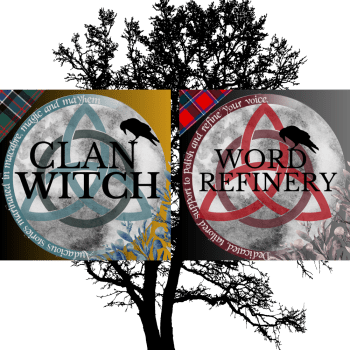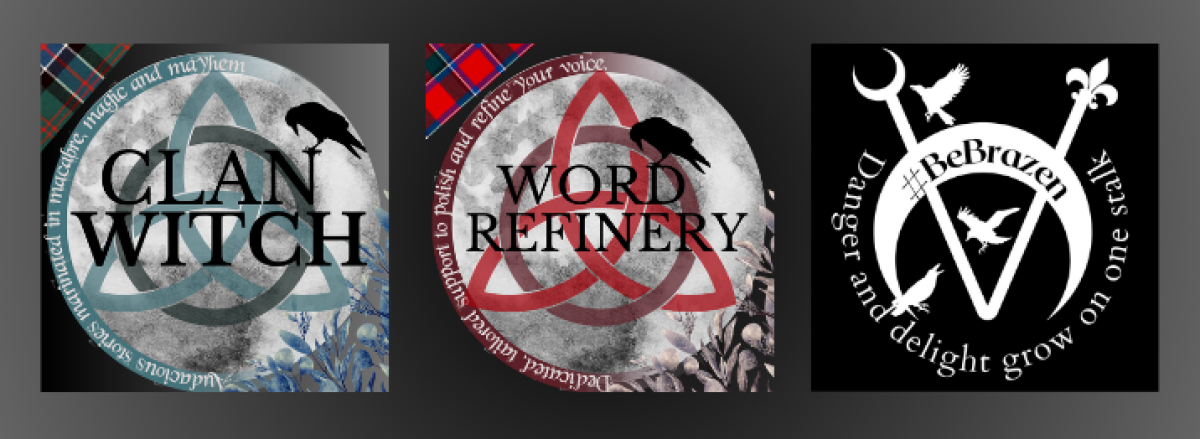I’m the cycle breaker. The black sheep. The problematic relative who doesn’t endure bullshit because of a stupid thing like ‘blood’. I’ve often spoken up against wrongs and followed through in my actions.
When I was seven, I rejected eating animals. It was also around that time that I rejected the religion forced upon me, too. The hypocrisy was too loud for me to bear. How we are taught of love while we feed our bodies and those of our children with violence and murder?
Natasha’s just over-sensitive or impressionable—she saw a vegetarian once on TV; it’s a phase. My family would contaminate my food and lie about it. I’ve been cooking my own meals, for the most part, since I was eight. I was bullied, and instead of being supported, I was made to feel weak and as if I brought it on myself. I was the problem. I needed to harden up. Fight. I wasn’t rough enough, loud enough, or anything enough for my mother, and she let it show. As a teen, when I told her about a girl I liked, she flipped. Said all sorts of horrible things, and if my sister “ends up queer, it’s your fault!” Hell knows where that came from and why any form of queerness was considered a fault. But it was. I could have died. I wanted to die. I daydreamed about it a lot. There was even a sit-down talk with my mother and father, “it’s not Eve and Eve,” my dad said through gritted teeth at the kitchen table, adding insult to injury by throwing that drivel at their pagan practising daughter. I couldn’t open my mouth without being the family’s disappointment. Even when I kept it shut, I was wrong. Being a teen in their house—never my home—was hell. I had to leave school sooner than I wanted so I could work more hours, save and get the hell out of there. I made other excuses so no one’s feelings were hurt and they didn’t feel at fault. The house was increasingly volatile, and I couldn’t handle the hate and disappointment that emanated towards me every single day. I didn’t feel love. I never felt safe. I couldn’t be me.
When I sought help (after moving out), alone, for depression and being suicidal, telling them felt like coming out. I was attacked again. I should have known, right? I didn’t blame my parents for my mental ill health then. And yet, opening up and seeking support threw my mother into a rage, “You can’t blame me! You can’t blame us! There was nothing wrong with your childhood. You have no idea what I had to grow up with!” (I’m keeping the examples mild. Filtered. Even now, I’m protective). I felt like an idiot. Why did I keep trying to have a relationship with these people? Why, when I was consistently attacked, did I keep giving them fuel to burn me with?
I split up with my boyfriend, and instantly became a slut—because if you have sex with more than one person, you’re a slut, especially a woman. If a relationship fails that’s what a woman is. A failure, and a slut. Better to be with one person and condemned to an unhappy marriage than be, well, anything like me. My parents were occasionally supportive, but it was always finite and always used against me at some point—guaranteed.
My baby died in my belly. They were great, at first. Supportive the way you’d expect. Like everything, though, my grieving had a clock. not mine—someone else’s. Park it. Draw a line. Suck it up. Someone else is pregnant and I had to get over it. When they found out I had experienced loss before, I was attacked for not telling them, you know, for support.
Many folks talk a good game about breaking cycles and respecting and creating boundaries, especially when raising children. That has to be modelled. It took me a long, long time of enduring emotional abuse, banging my head against a brick wall in trying to communicate with people who didn’t want to hear me, let alone see me. I walked on eggshells for thirty years. My depression was my fault. I was a pervert. A slut. Too sensitive. Never ever good enough.
I will always be my parents’ failure.
It’s been ten years since I finally drew the line to break the cycle and stand up for myself. Life is too short. I’ve learnt my lesson, and it was damn hard. I am the cycle breaker—for me and my children.








